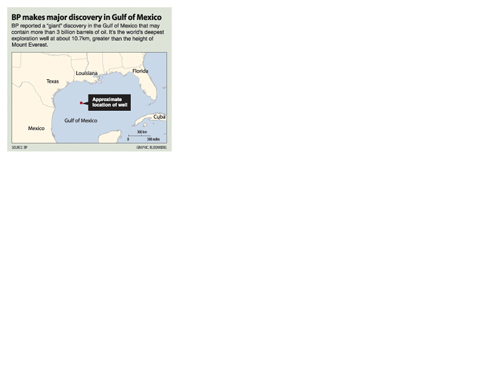The price of gold raced higher this week, reaching almost US$1,000 an ounce as investors sought a safe haven amid concerns over the strength of economic recovery, analysts said.
PRECIOUS METALS: Gold prices surged as high as US$997.80 an ounce, helping to lift silver and platinum to multi-month highs.
“Gold stole the headlines ... as resurgent investment demand pushed the metal to its highs since February,” said James Moore, an analyst for TheBullionDesk.com.

By late on Friday on the London Bullion Market, gold was up to US$989 an ounce from US$955.50 a week earlier.
Silver jumped to US$15.95 an ounce from US$14.54.
On the London Platinum and Palladium Market, platinum edged up to US$1,244 an ounce at the late fixing on Friday from US$1,242.
OIL: Crude oil prices slid from above US$70 a barrel this week, tracking stock markets lower.
They continued to fall on Friday after the world’s biggest energy consumer, the US, reported a rise in its unemployment rate and as traders booked profits before a long US holiday weekend.
Elsewhere, oil traders were gearing up for next week’s OPEC ministerial meeting in Vienna to decide on the cartel’s crude production levels. Angola, this year’s president of OPEC, has said the cartel should maintain production at existing levels during the meeting on Wednesday.
After falling sharply at the start of the week following heavy losses on the Chinese stock market, oil prices stabilized on Wednesday as official data showed US crude stocks had dropped by an expected 400,000 barrels.
News of a potential increase in supplies came on Wednesday as British energy major BP said it had made a “giant” oil discovery in the Gulf of Mexico after drilling one of the industry’s deepest-ever wells.
By Friday on London’s InterContinental Exchange (ICE), Brent North Sea crude for delivery in October slumped to US$66.89 a barrel from US$72.85 a week earlier.
On the New York Mercantile Exchange, light sweet crude for October tumbled to US$67.91 a barrel from US$72.70.

Authorities have detained three former Taiwan Semiconductor Manufacturing Co (TMSC, 台積電) employees on suspicion of compromising classified technology used in making 2-nanometer chips, the Taiwan High Prosecutors’ Office said yesterday. Prosecutors are holding a former TSMC engineer surnamed Chen (陳) and two recently sacked TSMC engineers, including one person surnamed Wu (吳) in detention with restricted communication, following an investigation launched on July 25, a statement said. The announcement came a day after Nikkei Asia reported on the technology theft in an exclusive story, saying TSMC had fired two workers for contravening data rules on advanced chipmaking technology. Two-nanometer wafers are the most

NEW GEAR: On top of the new Tien Kung IV air defense missiles, the military is expected to place orders for a new combat vehicle next year for delivery in 2028 Mass production of Tien Kung IV (Sky Bow IV) missiles is expected to start next year, with plans to order 122 pods, the Ministry of National Defense’s (MND) latest list of regulated military material showed. The document said that the armed forces would obtain 46 pods of the air defense missiles next year and 76 pods the year after that. The Tien Kung IV is designed to intercept cruise missiles and ballistic missiles to an altitude of 70km, compared with the 60km maximum altitude achieved by the Missile Segment Enhancement variant of PAC-3 systems. A defense source said yesterday that the number of

A bipartisan group of US representatives have introduced a draft US-Taiwan Defense Innovation Partnership bill, aimed at accelerating defense technology collaboration between Taiwan and the US in response to ongoing aggression by the Chinese Communist Party (CCP). The bill was introduced by US representatives Zach Nunn and Jill Tokuda, with US House Select Committee on the Chinese Communist Party Chairman John Moolenaar and US Representative Ashley Hinson joining as original cosponsors, a news release issued by Tokuda’s office on Thursday said. The draft bill “directs the US Department of Defense to work directly with Taiwan’s Ministry of National Defense through their respective

Tsunami waves were possible in three areas of Kamchatka in Russia’s Far East, the Russian Ministry for Emergency Services said yesterday after a magnitude 7.0 earthquake hit the nearby Kuril Islands. “The expected wave heights are low, but you must still move away from the shore,” the ministry said on the Telegram messaging app, after the latest seismic activity in the area. However, the Pacific Tsunami Warning System in Hawaii said there was no tsunami warning after the quake. The Russian tsunami alert was later canceled. Overnight, the Krasheninnikov volcano in Kamchatka erupted for the first time in 600 years, Russia’s RIA